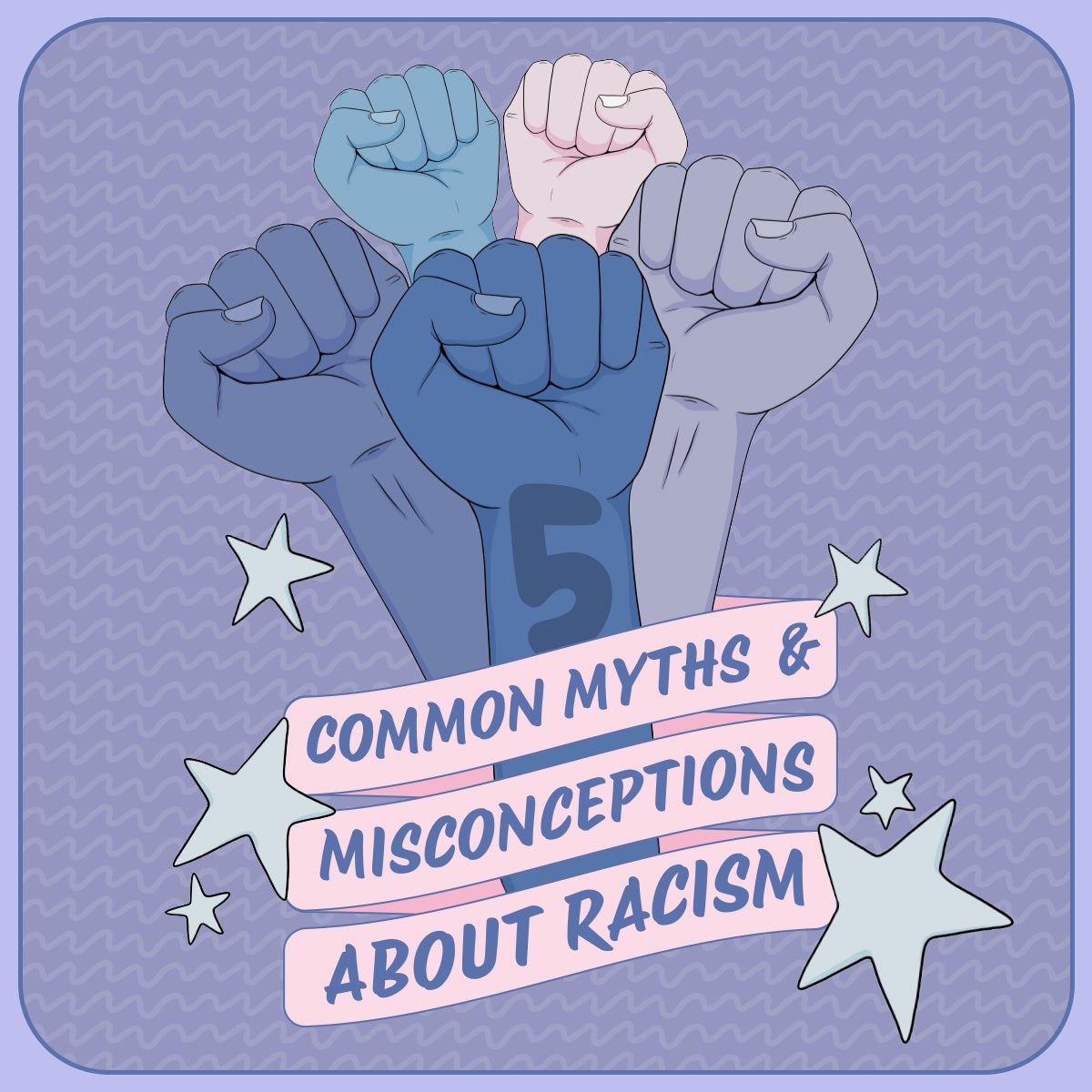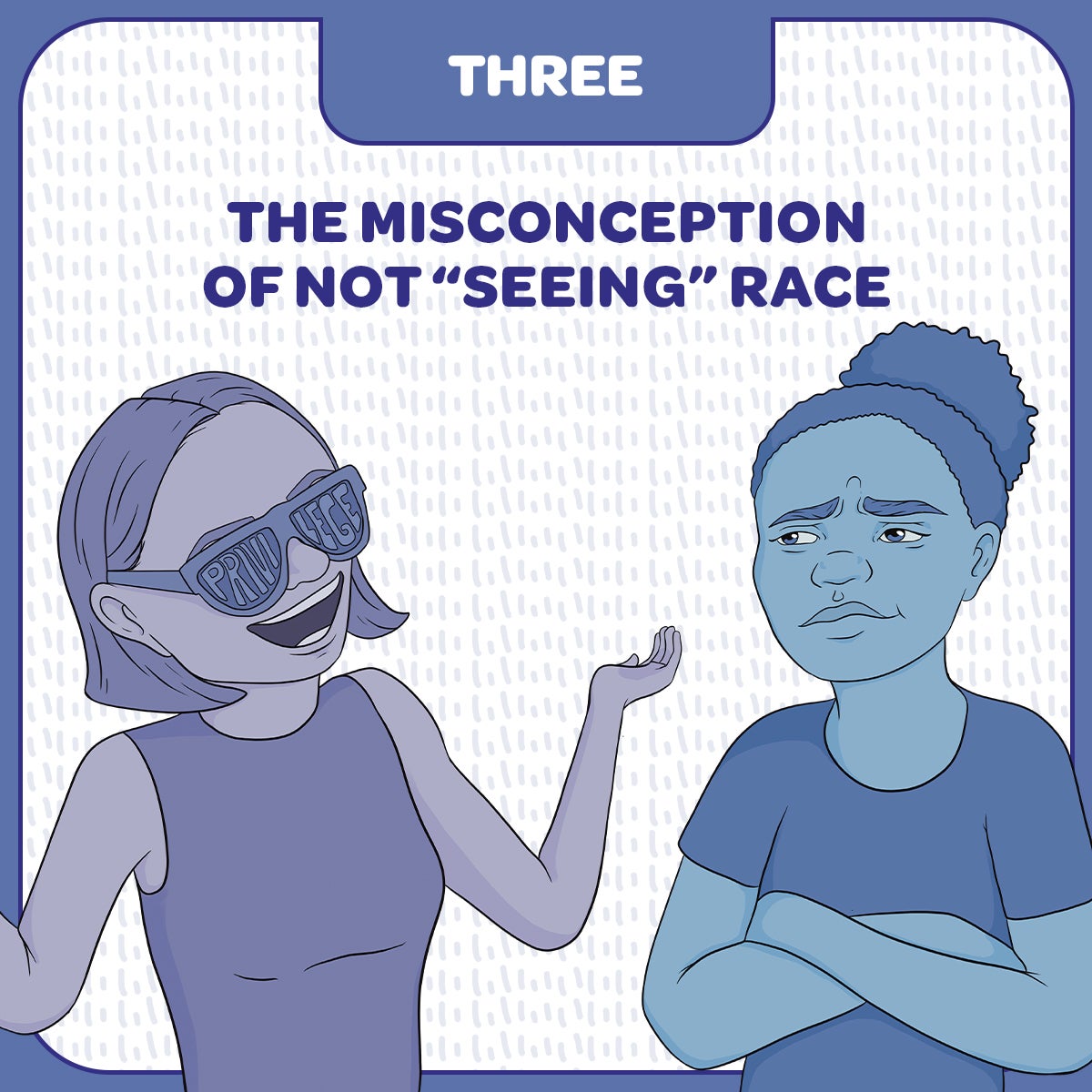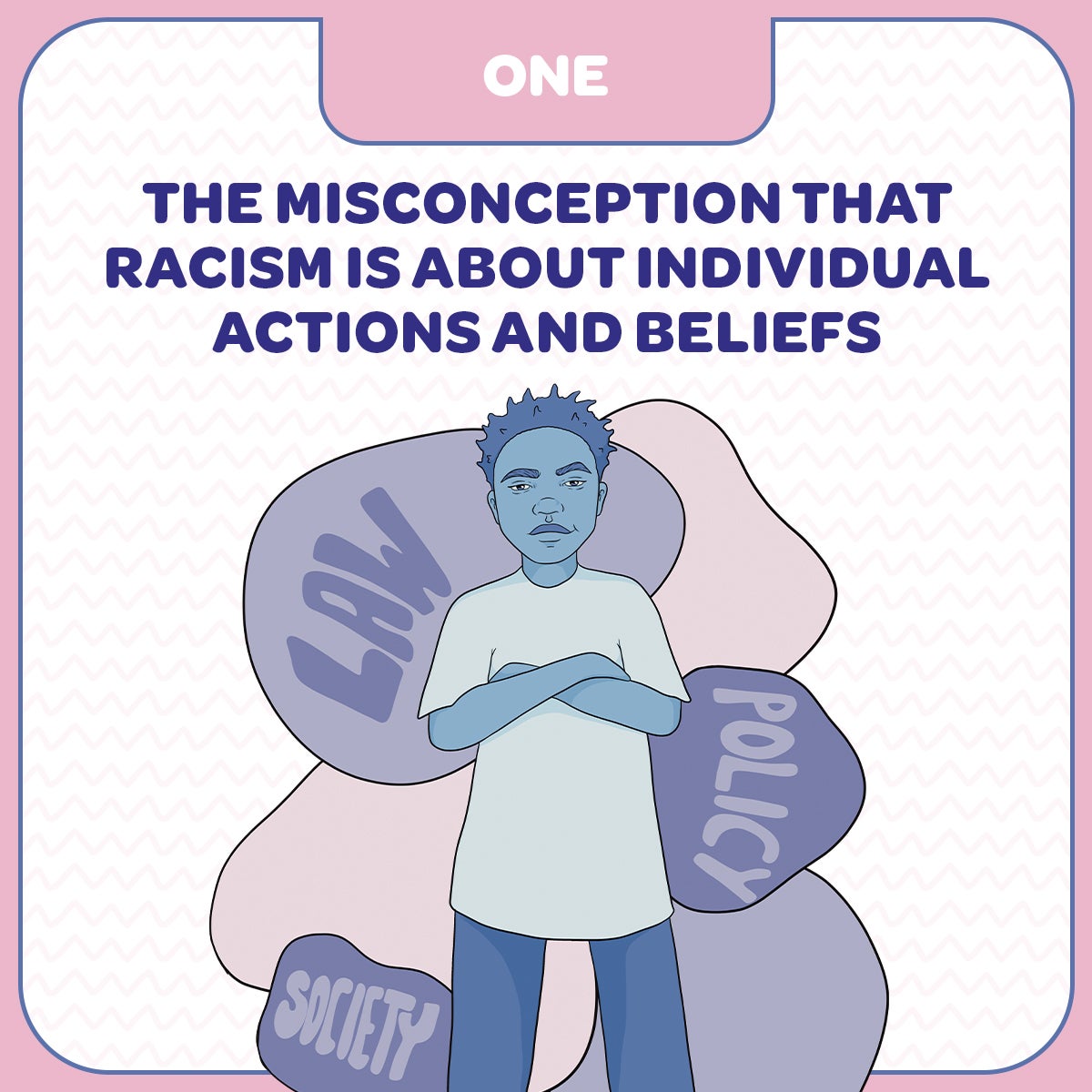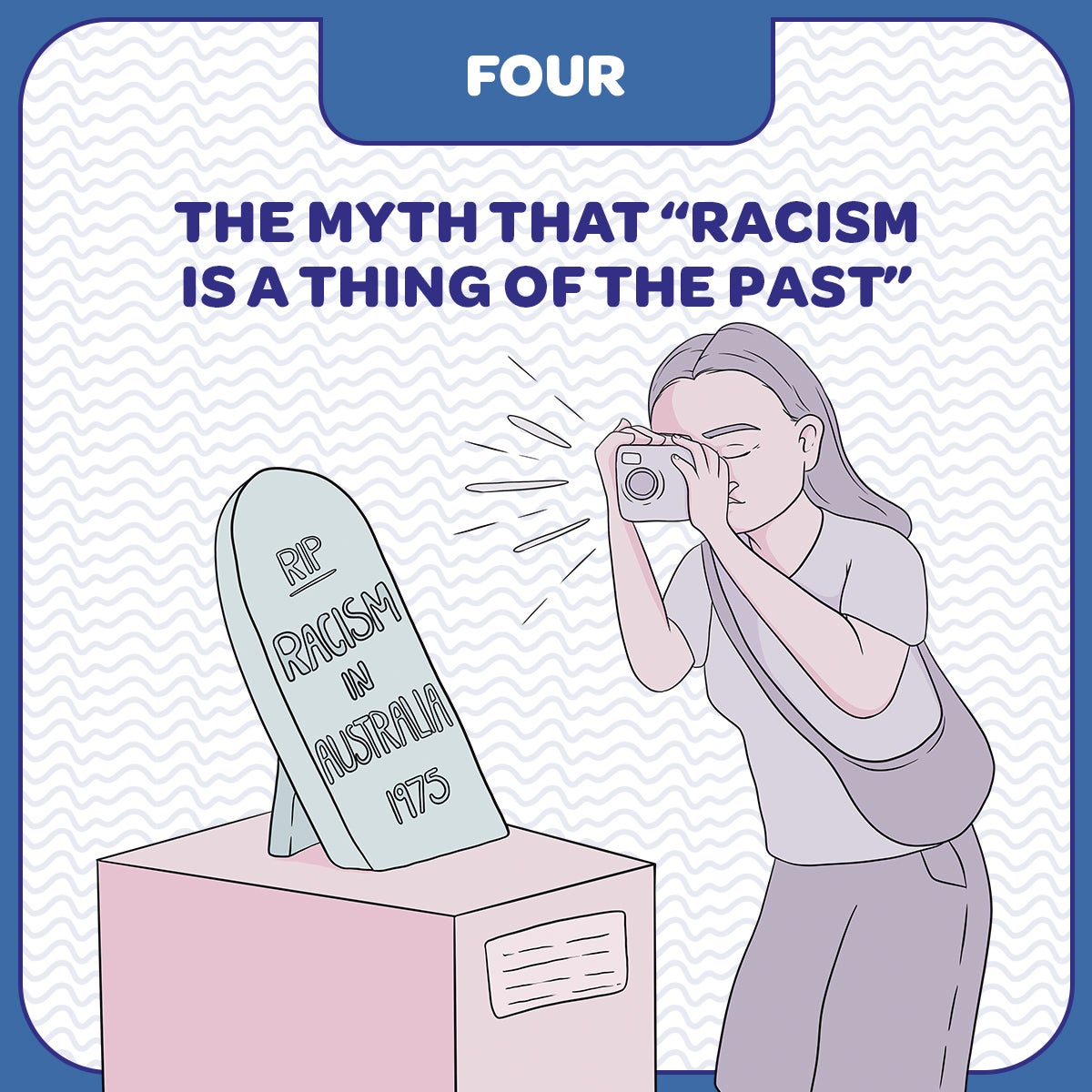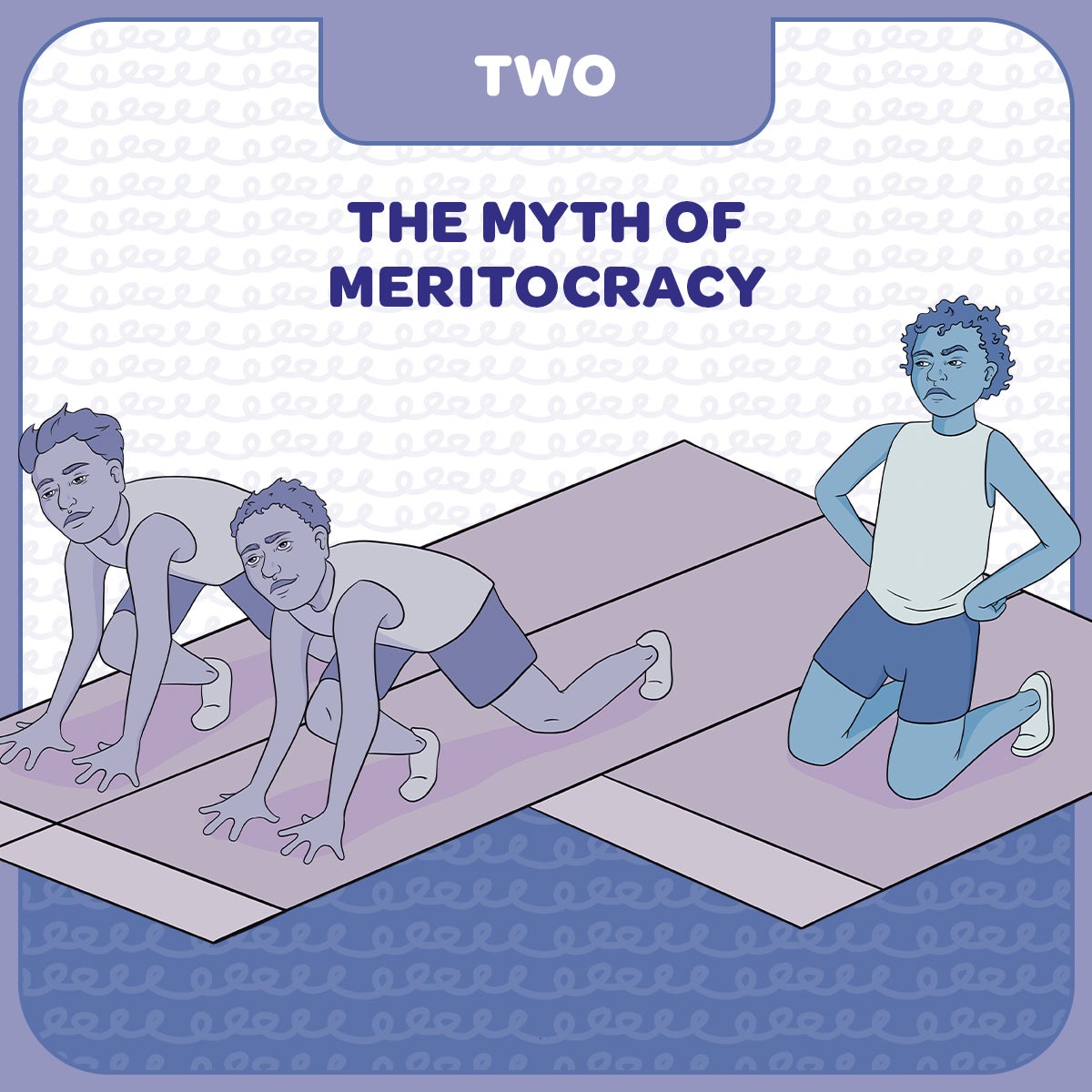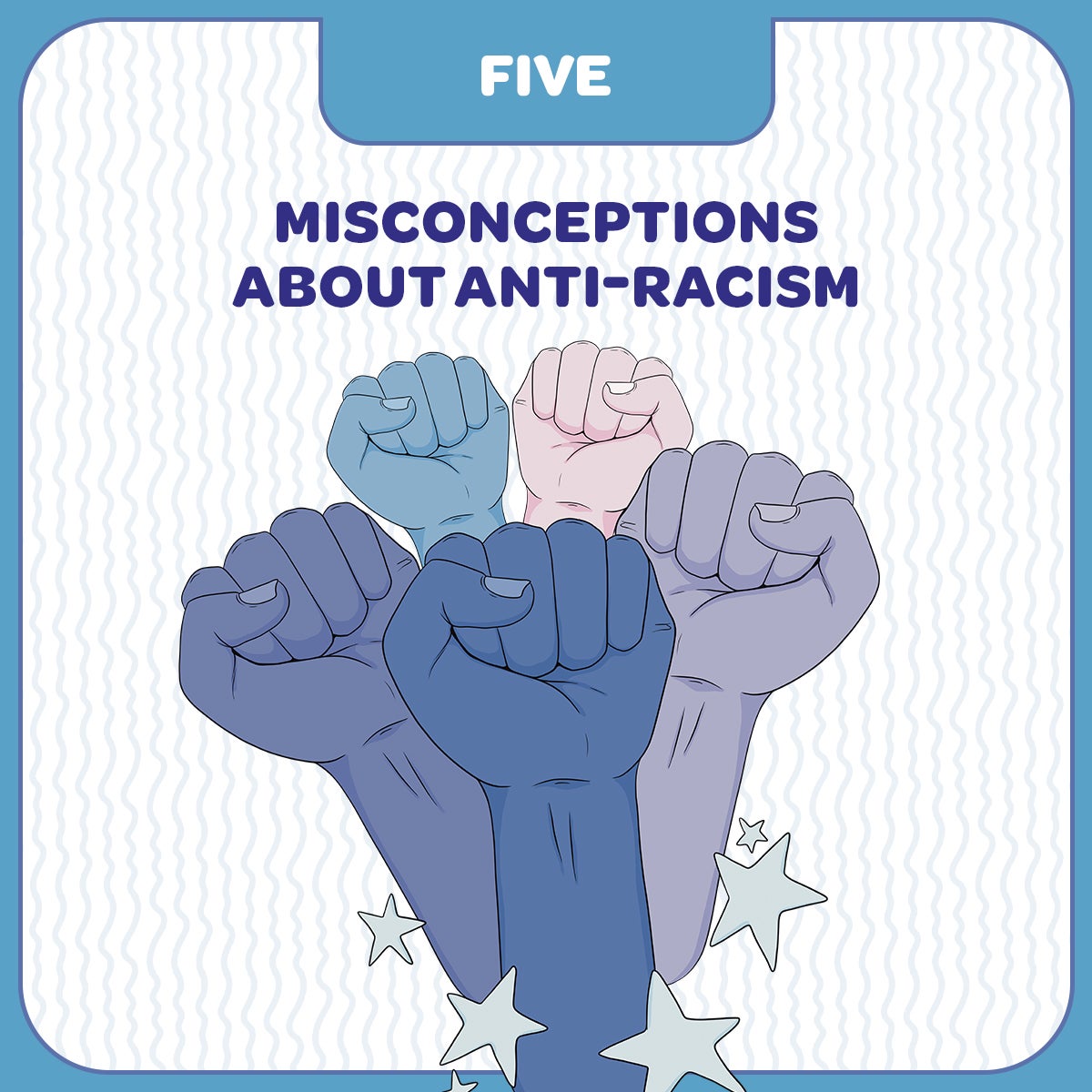Background
Phase I
In March 2021, the Commission called for a National Anti-Racism Framework and released a Concept Paper outlining guiding principles, outcomes, and strategies.
The Commission then undertook consultations with peak and community organisations, service providers, government departments and agencies, experts, and community members. 100 consultations were undertaken with approximately 300 organisations. The Commission partnered with community peaks and organisations as well as government departments to conduct 10 community consultations across the nation. The Commission also called for public submissions between October 2021 and February 2022 and received 164 submissions. The Commission released its National Anti-Racism Framework Scoping Report in December 2022.
Phase II
Since then, in addition to the below community consultations, the Commission has undertaken and commissioned additional research to progress the findings from the initial scoping phase including in the areas of data collection, anti-Asian racism and health.
This year extensive community consultations about a National Anti-Racism Framework were undertaken. This included consultations with over 496 First Nations people across Australia, from diverse populations including those with metropolitan, rural and remote backgrounds, varying ages, genders and socio-economic backgrounds, and sectoral representation. These involved one-on-one interviews and focus groups, both in place and virtual, an online survey and group submissions, ensuring a wide range of voices were heard.
Consultations with negatively racialised communities were also conducted, led by 18 organisations and comprised of 44 community consultations with over 860 participants. The consultations were conducted across all states and territories including remote, regional, and metropolitan areas, with a majority conducted face to face and others online. They included intersectional focus areas of LGBTQIA+ people; women; people with disabilities; refugees and asylum seekers; older people; young people (18-25 years); people and communities of faith; new and emerging communities; and communities with prominent caste systems.
Shift from Interpersonal Racism to Systemic Racism
The findings from this initial scoping process were shared in the National Anti-Racism Framework Scoping Report in December 2022. The Scoping Report indicated strong support from participants across the board for a Framework as an overarching and coherent approach to anti-racism. Across the board, participants affirmed that First Nations self-determination, sovereignty and truth-telling should be central to the Framework. The following themes and sectors were also identified as areas of focus:
- Data collection
- Education and Public Awareness
- Cultural Safety
- Legal protections and Justice
- Health
- Media
Related reading
The following reports have contributed to the National Anti-Racism Framework:
Acknowledgments
The Commission recognises the ongoing strength and leadership of Australia’s First Peoples in leading anti-racism efforts since colonisation.
The Commission acknowledges the vast emotional and intellectual labour of the community, particularly those with lived experiences of racism, who shared their vision for a National Anti-Racism Framework that takes a transformative approach to addressing racism in Australia.
Image design copyright Bree Buttenshaw for Saltwater People (2024).
